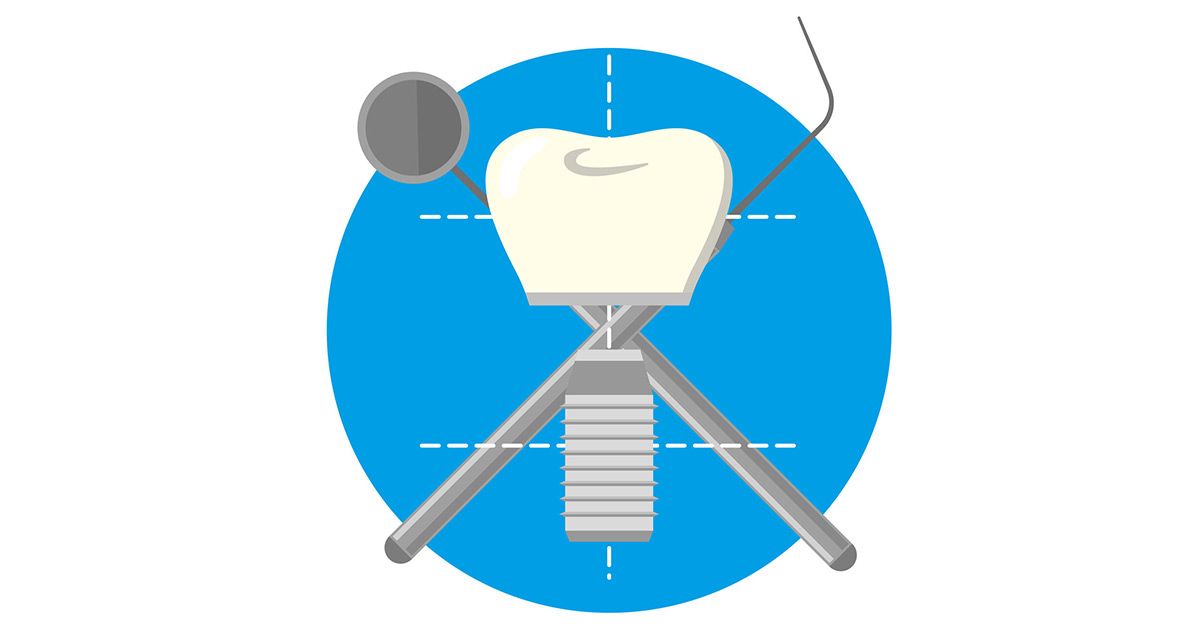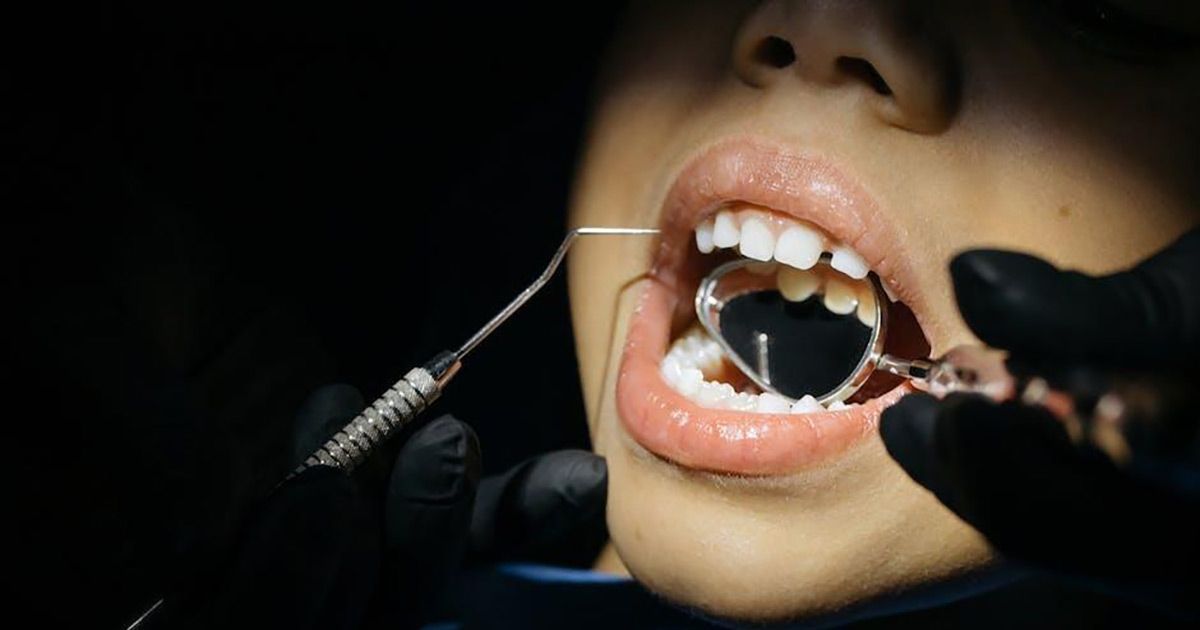A Beginner's Guide to Dental Veneers: Everything to Know
Some dental procedures require using certain material to work, such as dental veneers. This guide to dental veneers will explain everything to know about them.
Dental veneers date back to 1928 when dentist Charles Pincus attempted to perfect the look of an actor’s teeth for the big screen.
Nowadays, you don't have to be a celebrity to have a Hollywood smile. More and more people are going through the veneers process. Are you hoping to upgrade your smile?
Read on for a detailed guide to this option in cosmetic dentistry.
What are Dental Veneers?
What Problems Do Veneers Fix?
Dental veneers address a range of problems that many people have with their teeth. They can fix teeth that are discolored or stained.
They work to cover dark fillings, fill in gaps between teeth, and also fix chipped, broken, or worn down teeth.
If you have some teeth that are shaped irregularly, this is a great option for you to transform your tooth to make it the perfect shape and size.
They can even fix uneven teeth saving you from orthodontic treatment in some cases.
Dental Veneers Material
Veneers are made out of either composite resin or porcelain. The material you choose depends on your budget and end goal. Both have different benefits.
Porcelain ones are stain-resistant and look very much like natural teeth. These are good at reflecting light in the same way that natural teeth do.
Yet, the cost can be considerably higher than the composite. Porcelain veneers range from $925 and $2500 per tooth.
Also, to glue porcelain to your teeth, the dentist will need to remove a little more of your natural enamel compared to resin.
Composite (or resin) options tend to cost less than porcelain. They are a great choice for those who have a limited budget for a smile makeover.
Also, composite shells are thinner and require less enamel removal on your natural teeth.
Yet, these veneers are not as strong as porcelain. They are also more likely to become discolored or stained over time. With good oral hygiene though, these veneers can look great for many years.
Talk to your dentist about the pros and cons of each material to decide which option is right for you.
The Veneers Process
Getting veneers is a straightforward procedure. First, you have a visit to discuss treatment and make a plan. Your dentist will likely take x-rays and make impressions of your teeth.
Typically, you will come back for another appointment to prepare your teeth.
During this visit, your dentist will reshape the surface of the tooth by filling away a very small layer of enamel. They will only remove approximately 1/2mm of enamel.
You will have local anesthetic during this process so you don't feel any pain.
Next, your dentist will adhere the veneers to your teeth temporarily. This way you can get a sense of the fit and look of your new smile. At this point, it is still possible to make adjustments to shape and color.
The next step is to permanently bond the veneer to your tooth. The natural tooth will be cleaned, polished and etched. The etching process makes the tooth rough so that the cement can stick better.
Then the veneer is placed on your tooth. The dentist will use a special light to cure the cement. Finally, the dentist will examine your bite, remove excess cement and make final adjustments if needed.
You may need to come back in for a follow-up in a few weeks.
Benefits of Dental Veneers
There are many advantages to going through the veneers process. First of all, this is a conservative approach to changing your teeth. Unlike crowns and bridges, not a lot of reshaping of your tooth is necessary.
Also, veneers are easy to care for. You just floss and brush the same way as with natural teeth. You don't have to worry about special flossers or tools.
With proper care, they can last up to 15 years.
Disadvantages of Dental Veneers
Of course, there are some downsides to veneers. For starters, the process is not reversible. This is a permanent change to your smile.
Also, if one chips or cracks, your dentist can't repair it. Your dentist will need to replace the entire veneer.
As a bit of your natural tooth is filed away, some people are sensitive to hot and cold foods or drinks.
Also, the color is permanent. That means that they may not be a perfect match to the color of your other teeth. Make sure you get teeth whitening prior to this process if you want a brighter smile.
Not everyone is a good candidate. If you grind or clench your teeth, veneers are likely to chip or crack. In this case, you would not be suited to veneers.
Also, people with unhealthy teeth or insufficient enamel on their teeth would not be eligible.
Guide to Dental Veneers
Thanks for reading. We hope this guide to dental veneers has helped you determine if veneers are right for you.
Veneers can transform your smile and give you a new sense of confidence.
To determine whether dental veneers are the right solution for you,
contact us to book a consultation. We will discuss all your options so that you can have the smile you've always wanted.










